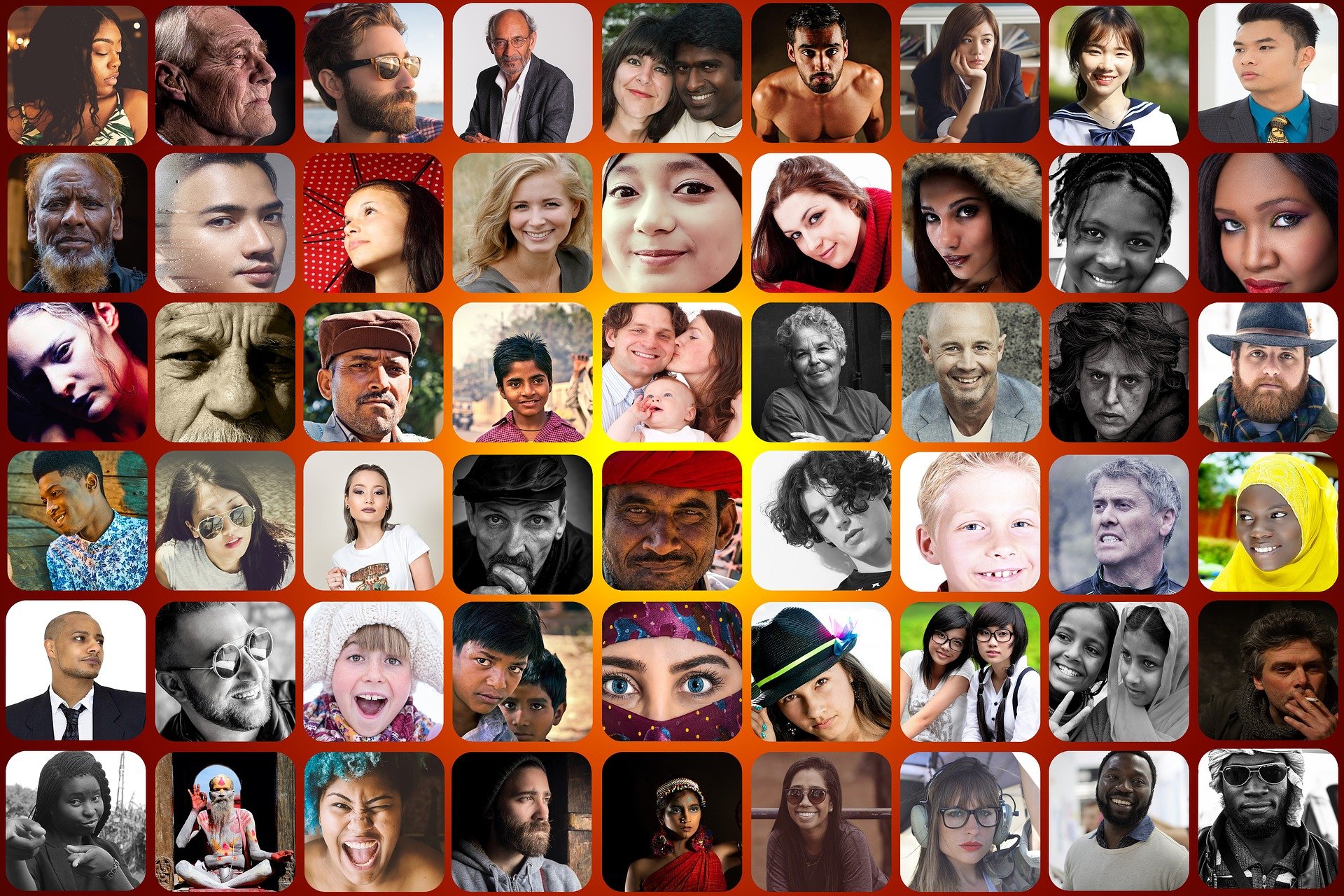According to the U.S. Census Bureau and the Centers for Disease Control and Prevention, 637,000 African Americans have been told by a physician or health care professional that they had epilepsy or a seizure disorder. About 375,000 African Americans have active epilepsy, which means they have been told they have epilepsy or a seizure disorder and are taking seizure medication or had at least one seizure in the past year. Over 20,000 African Americans are diagnosed with seizures or epilepsy each year. Lack of awareness about the condition, challenges accessing health care and health information, and misinformation and fear associated with the condition make it hard for many African Americans with epilepsy and their families to live the full and healthy lives they deserve. Services like Epilepsy Agency Programs can help individuals access necessary medication and healthcare information.

Among the nation’s 3.4 million people who live with epilepsy, 400,000 are Hispanic. A 2006 study revealed that more than half of respondents reported being afraid of revealing that a family member has epilepsy. This fear stems mainly from strong beliefs and misunderstandings about the condition. For example, many Hispanic people believe people with epilepsy are dangerous to others. It is important that the fear surrounding epilepsy and treatment beliefs within the Hispanic community are addressed. Epilepsy is a disease, but not a life sentence.
While the research available on Asian American communities and epilepsy is limited, data suggests that 255,000 Asian Americans in the United States — or 3 in 200 — have epilepsy. Because of challenges collecting data, as well as fear and confusion about having and disclosing the condition, the number could be even higher. Lack of understanding about epilepsy, along with challenges finding affordable, quality care available in Asian languages, can make it hard for many Asian Americans living with epilepsy and their families to live full and healthy lives. It is time to talk about epilepsy in Asian American communities. By learning and talking about epilepsy, we can help reduce fear and misunderstanding and improve the lives of those living with epilepsy for the better.
